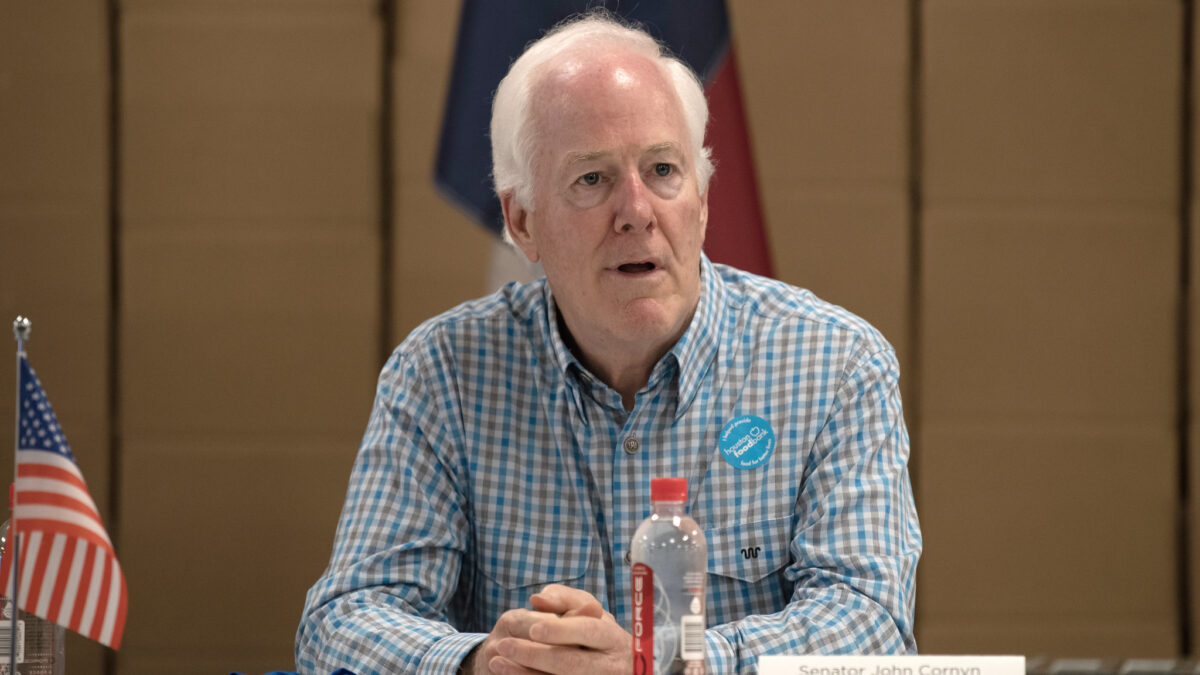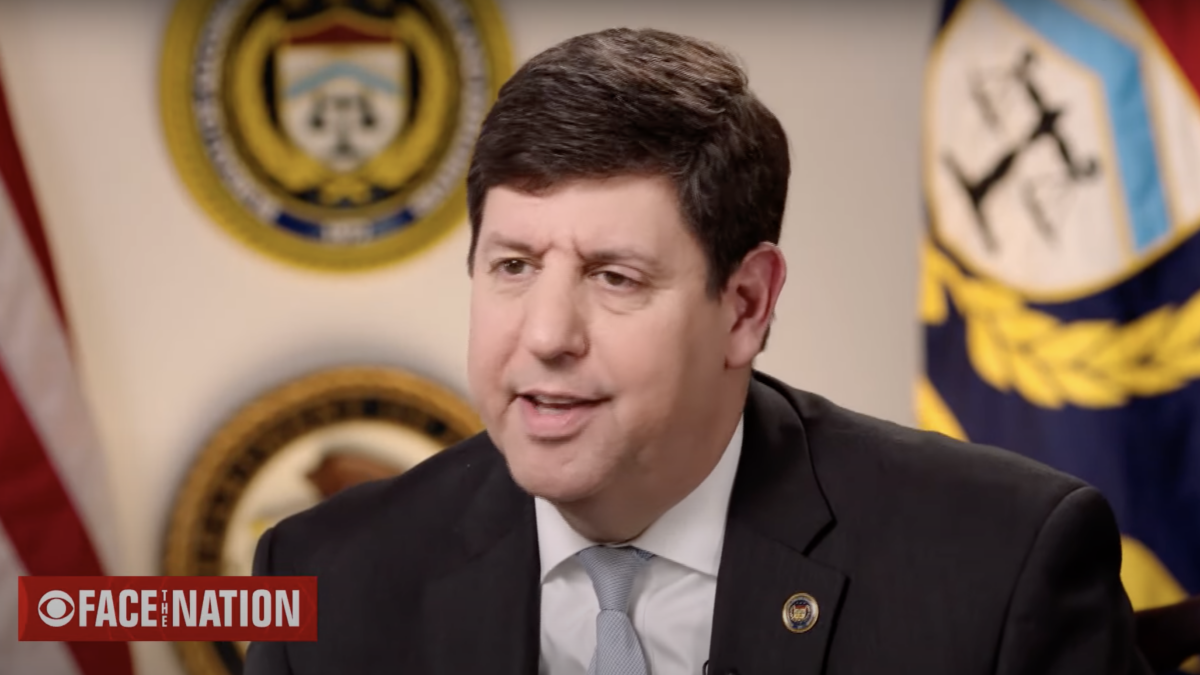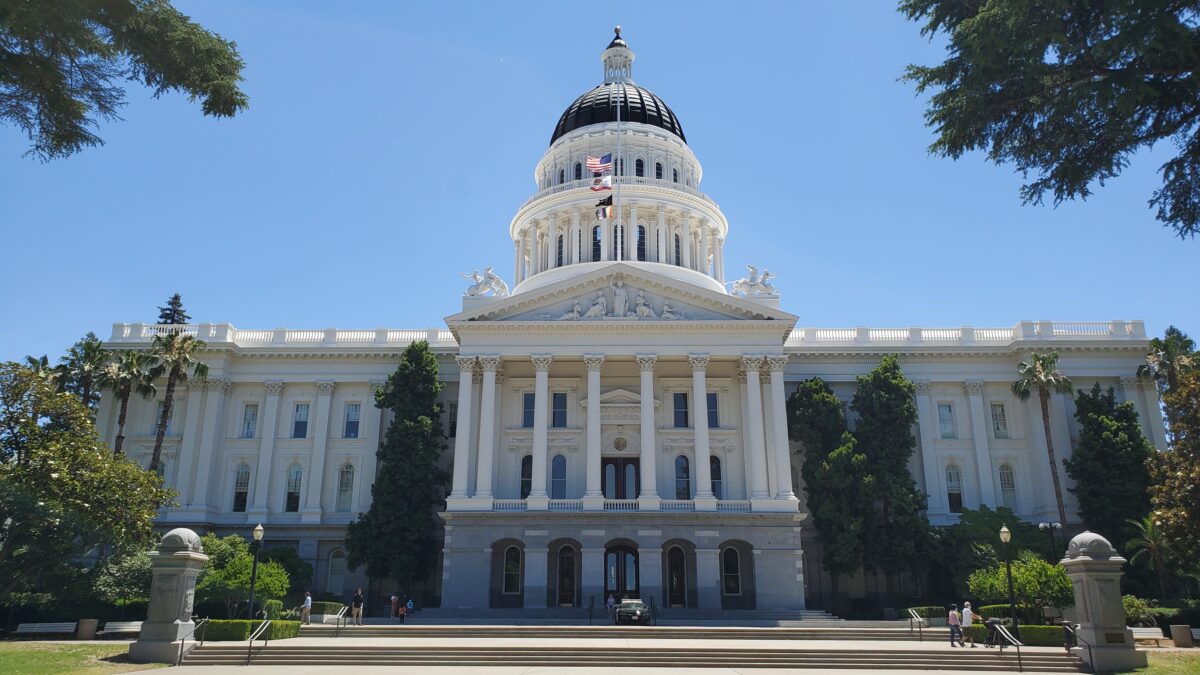
Dick’s Sporting Goods announced Wednesday the company will no longer sell assault-style weapons in response to the Parkland high school shooting in Florida, winning accolades from the media.
Maybe the higher-ups at Dick’s did have some kind of change of heart, perhaps after learning the gunman had purchased a shotgun in one of their stores (though he didn’t use it). The CEO also called for “common sense gun reform” this week. But a closer look at the decision indicates it was little more than cheap political posturing that could very well backfire.
After all, the store isn’t banning shotguns. And Dick’s previously suspended assault-style weapons sales in December 2012, after the Sandy Hook school shooting, ostensibly “out of respect for the victims and their families.” But in August 2013, Dick’s quietly returned to selling them in a spinoff chain called Field & Stream (no relation to the magazine). CEO Ed Stack had to pinky-swear on Good Morning America that Dick’s would stick by the ban this time.
Let’s put this into perspective. Dick’s grabbed applause from the anti-gun crowd by ridding most of its some 600 stores of assault-style weapons in 2012, while continuing to sell the guns in a few dozen stores. Now Dick’s is reaching back into the jar for another handful of praise, because the store is actually banning the weapons it claimed to have banned years ago.
As in 2012, Dick’s new announcement comes at a time when its stock is struggling. Over the past year, while the S&P 500 has risen by roughly 14.5 percent, Dick’s stock price has slid approximately 38 percent.
As Washington Free Beacon writer Stephen Gutowski noted, many gun owners began boycotting Dick’s after the first ban, so it might be the case the store doesn’t lose much (more) business over this new iteration.
Most gun owners I know already refused to buy from Dick's over their last AR-15 boycott. Others must still buy from them, though, so I don't know what kind of effect any of this will have.
— Stephen Gutowski (@StephenGutowski) February 28, 2018
But the Field & Stream stores are largely located in areas where coming out against the right to bear arms is probably unpopular. And there have been rumblings on Facebook and Twitter from Second Amendment supporters about boycotting Dick’s, so it’s unclear what the impact will be.
Stack’s declaration that “we don’t want to be a part of this story” indicates that Dick’s hopes to benefit from the publicity among consumers who are uninterested in or hostile to firearms. The company may at least avoid the social media swarms and boycotts organized by left-wing organizations that are throwing their weight behind the current gun control campaign, regardless of whether the issue has been a central part of their mission.
Dick’s appears to be betting the move won’t lose the stores a ton of gun owners, and could win some favor among the anti-gun crowd. A Morning Consult poll conducted Feb. 23-25 might on the surface have offered companies like Dick’s some support for these types of decisions. More than 70 percent of Americans polled said it is important for companies to take a stance on social issues, and nearly 60 percent said it’s appropriate for companies to take part in the gun control debate.
But the poll also found significant increases in negative ratings for companies that cut ties with the NRA. Enterprise Rent-a-Car’s favorables dropped by approximately half, while a number of other major brands declined by approximately one-third. Only the lesser-known Simplisafe went essentially unscathed. Increased favorable opinions from Democrats were unable to arrest these substantial declines.
POLITICO/Morning Consult: “All companies who cut business ties with the NRA last week saw their public opinion decline this week.” Cc: @united pic.twitter.com/W3XrWgMm7s
— Guy Benson (@guypbenson) February 28, 2018
So, while it is plausible that Dick’s hopes to appeal to politically-engaged, generally left-leaning Millennials will work, it’s not clear the store will actually benefit. We have seen this sort of play recently from Patagonia. Again, it is unclear that these sorts of strategies work, as evidenced by ESPN’s rocky pursuit of cord-cutting youngsters through politicized programming.
The Morning Consult poll suggests that Millennials report having firearms in their households at roughly the same percentage as other age demos. Moreover, even in the immediate aftermath of a school shooting, Millennials said they were less interested in gun control than older age demographics.
Dick’s also may not have considered the law of unintended consequences. After Delta Airlines decided to end its affinity marketing campaign with the NRA, Lt. Gov. Casey Cagle of Georgia and GOP lawmakers threatened to drop efforts to restore a lapsed $50 million tax break on jet fuel. That threat represents the latest turn in the growing controversy of large corporations attempting to use their economic power to coerce state and local governments into advancing a progressive political agenda, under the guise of “corporate social responsibility.”
Dick’s may have thought they could buy themselves some good publicity — or political relief — by deciding to stop selling so-called assault rifles … again. But this cheap move likely won’t bring them the sort of youth-oriented business they may have sought. And in the medium-term, the company could just as easily run afoul of politicians who decide to make them a punching bag for taking sides in cultural disputes against the wishes of their constituents.









